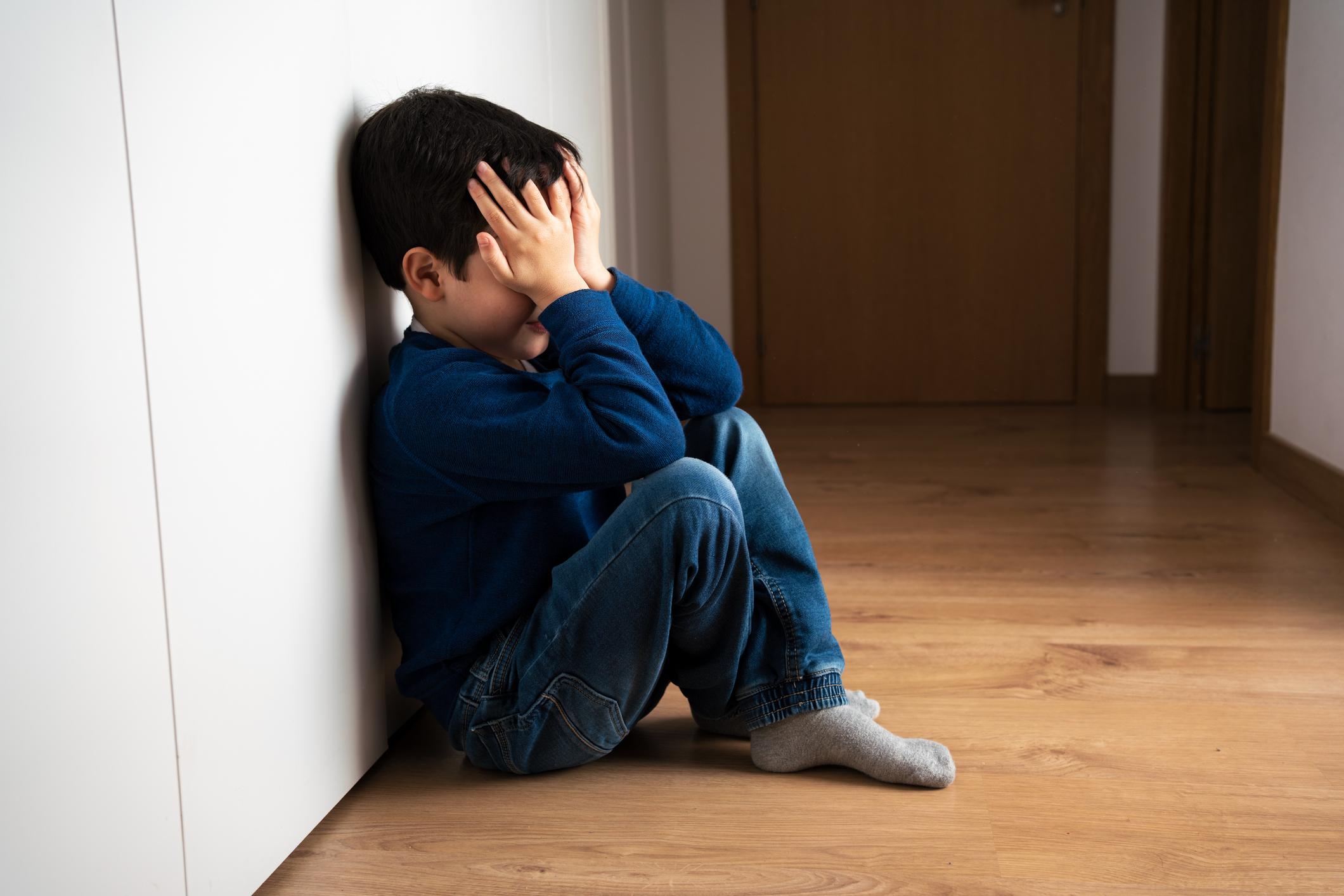Experiencing multiple moves before the age of 15 increases the risk of depression later in life by more than 40%, according to a new study.

- People who experience a significant number of moves before the age of 15 are more than 40% more likely to be diagnosed with depression later in life.
- The risk increases to 61% after two moves.
- Researchers are warning that children who move around a lot, such as foster children or children of the military, should be given special attention.
Frequent moving is not without consequences. A study conducted by the University of Plymouth (UK) shows that people who moved several times before the age of 15 are 40% more likely to be affected by depression later in life.
The work was published in the journal JAMA PsychiatryJuly 17, 2024.
Multiple moves associated with depression
To assess the effect of moving on the psyche, British researchers recorded all the residential locations of nearly 1.1 million people born in Denmark between 1981 and 2001 during the first 15 years of their lives. Then, they followed the volunteers into adulthood. Analysis of the data and their medical records revealed that children who moved once between the ages of 10 and 15 were 41% more likely to be diagnosed with depression than those who grew up in their childhood home. And if young people moved two or more times, the risk jumped to about 61%.
Multiple moves therefore have a greater impact on mental health than growing up in a deprived neighborhood (depression factor estimated at approximately 10%), according to the scientific team.

Moving: be careful with children in care or military personnel
“We know that there are a number of factors that lead to a person being diagnosed with a mental illness. However, this is the first evidence to suggest that moving to a new neighbourhood during childhood is one of them.”explains Professor Clive Sabel, lead author of this study, in a communicated.
“During these formative years, children are building their social networks through school, sports groups or other activities. Any time they have to adapt to something new, it can be disruptive. So we potentially need to find new ways to help people overcome these challenges.”
Thus, for the researchers, their work highlights the need to pay attention to the mental health of several groups of children.
“Young people in care often face multiple moves and potentially additional pressures. There are also children of military personnel, who move regularly depending on where their parents are posted. This study suggests that they, and other such children, may need additional supports to prevent the development of mental illness later in life.”concludes the expert.
















